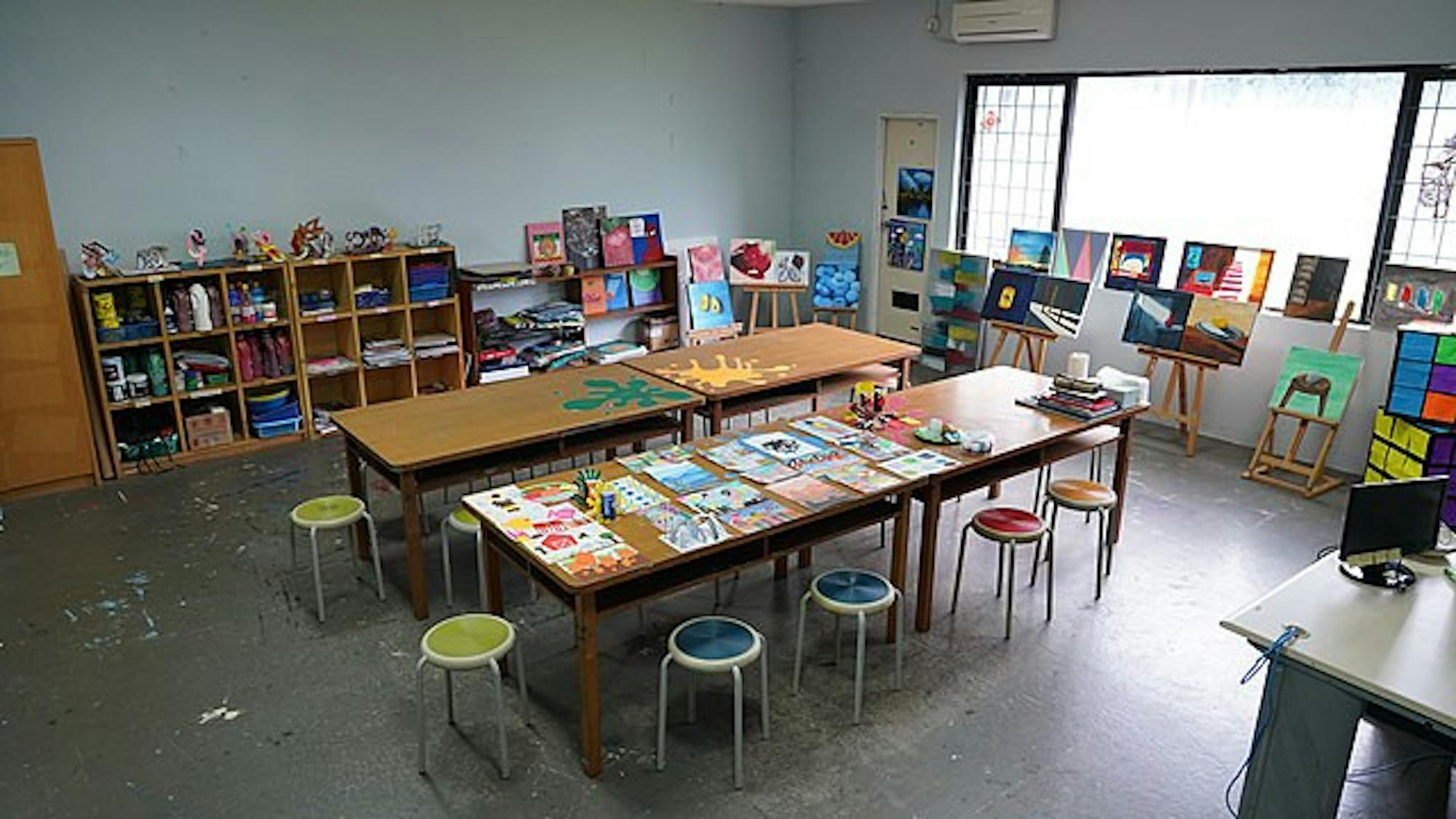Art education: a topic of contention in the American education system. Why is it that art education fell by the wayside when it came to institutional priorities in school programs nationwide? An emphasis on STEM? An emphasis on 'conventional' careers? The cuts to funding for art programs across the country is why some organizations and companies are pioneering new paths to provide an education to students that encompasses a broader scope of disciplines outside of the conventional academic setting. In relation to Tufts, there are many local groups who are committed to fostering a meaningful art education to anyone of any age interested.
Enter Artisans Asylum, a not-for-profit endeavor aimed at making artistic spaces more accessible to the general public. Located in the Allston/Brighton neighborhood of Boston, Artisans Asylum is a local facility that can be utilized by all nearby community members. With affordable class offerings in the month of December including charcuterie board making, figure drawing, 3D modeling and digital design and even a class on constructing a “fire-breathing steel dinosaur that roasts marshmallows” — Artisans Asylum has it all.
With memberships, community members are allowed to use any of the spaces that they have trained and tested on. Student members earn a discount and have access to spaces at Artisans Asylum that may not be as easily accessible on the Tufts campus — a real benefit for those who are looking to practice their craft or pick up a new one.
Similar to the innovative aspects of Tufts' curriculum, such as the Experimental College, Artisans Asylum has opportunities for individuals to also teach a class at the facility. For those who are interested in giving back to their communities as well as providing opportunities for people to get in touch with or discover their artistic sides, Artisans Asylum is a beacon of hope for art education.
The significance of art education is more important now than ever. In 2020, the public school district in Randolph, Mass. — a city just south of Boston — announced that it would be cutting art, music and physical education from its 2020–21 academic year curriculum. The announcement was met with expected frustration and criticism, but it is a scenario all too familiar in schools across the country.
Programs like Artisans Asylum provide a solution for the continuous cutting of the arts within educational institutions. Although students from districts such as Randolph should have the opportunity to have some form of art education in their schools, with local spaces such as Artisans Asylum in the vicinity, this has to come with some sense of relief.
Artisans Asylum provides courses in art that diverge from the prototypical visual art courses imaginable. With digital design and robotics courses available, younger individuals can be exposed to a multitude of artistic media much earlier than what some art educators can cover in a conventional classroom setting.
With concern over the future of art education in America as each new academic year begins, Artisans Asylum continues to provide a space for community members to learn and educate others on the importance of different media of art. And if students are to be truly prepared to enter this world educated and exposed to all facets of education, as Tufts continues to do with its interdisciplinary curriculum, Artisans Asylum should not be one of the only art education resources and outlets for students. Despite this, there is still much gratitude to be had for Artisans Asylum’s ability to provide the educational resources and spaces necessary to foster artistic learning that schools are less and less capable of prioritizing.






